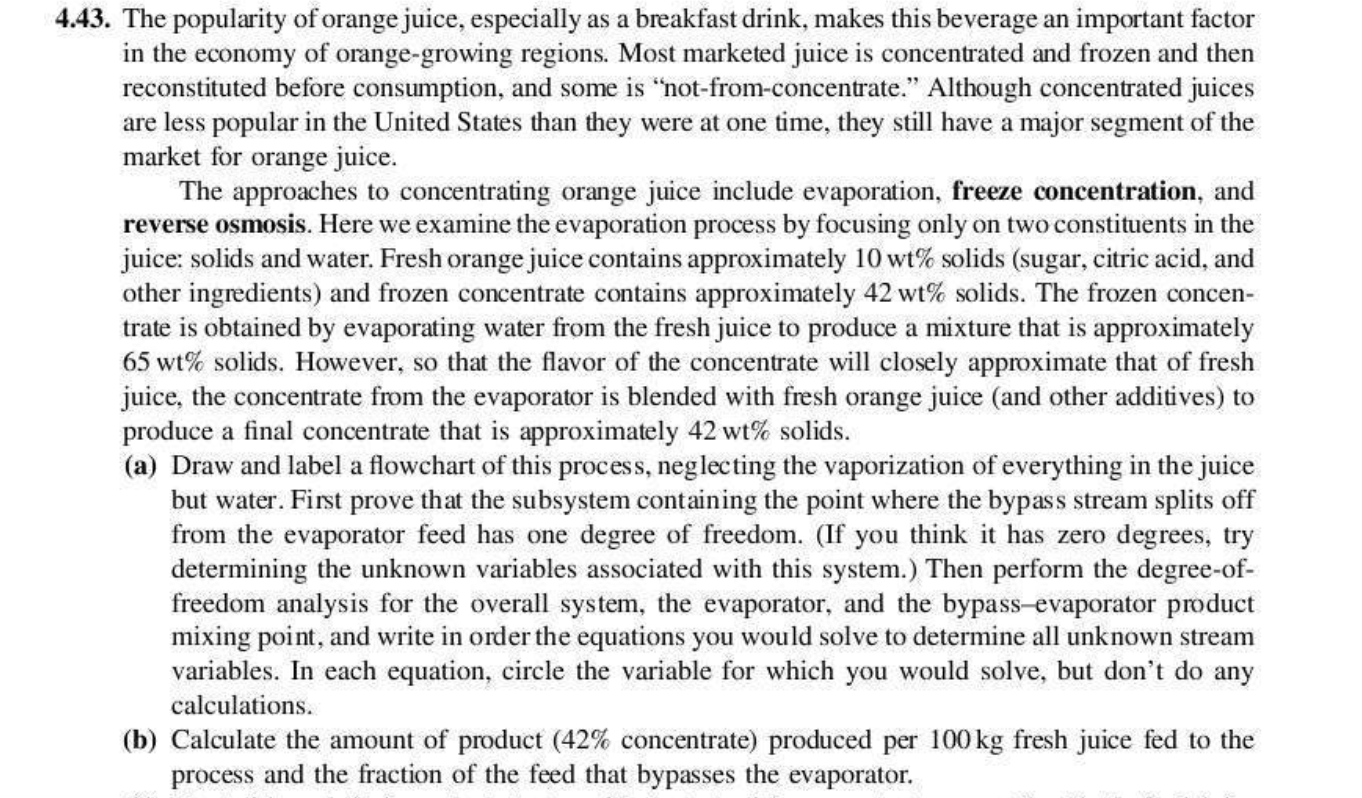
Orange Juice: Beyond the Sell-by Date
In the realm of refrigerator staples, orange juice reigns supreme. Its zesty flavor and vibrant hue brighten up mornings and afternoons alike. But amidst the daily hustle and bustle, the question often arises: how long can this beloved beverage grace our fridge before it’s time to bid it farewell?
In this comprehensive guide, we’ll delve into the intricacies of orange juice’s longevity, exploring the factors that influence its shelf life and providing tips to maximize its freshness. Let’s squeeze the knowledge out of this liquid gold and answer the question: how long after the sell-by date is orange juice good?
Deciphering the Sell-by Date
The sell-by date on an orange juice carton is not a definitive expiration date but rather an estimate of when the product is at its peak quality. This date is determined by manufacturers based on various factors, including the type of juice, packaging, and storage conditions.
It’s important to note that orange juice can still be safe to consume past its sell-by date, provided it has been properly stored and shows no signs of spoilage. However, its flavor and nutritional value may start to diminish over time.
Factors Affecting Orange Juice Shelf Life
- Pasteurization: Pasteurization, a process of heating and cooling, kills bacteria and extends the shelf life of orange juice. Pasteurized juice typically lasts longer than unpasteurized juice.
- Packaging: Orange juice packaged in opaque containers, such as cartons or glass bottles, protects the juice from light exposure, which can degrade its flavor and nutrients.
- Storage: Proper storage is crucial for maintaining orange juice’s freshness. Keep it refrigerated at all times, at a temperature below 40°F (4°C).
Signs of Orange Juice Spoilage
Before consuming orange juice past its sell-by date, it’s essential to check for any signs of spoilage. These include:
- Mold: Visible mold on the surface or inside the carton indicates spoilage.
- Sour odor: A sour or fermented odor is a sign that the juice has gone bad.
- Off-taste: Orange juice that tastes sour, bitter, or rancid should be discarded.
- Discoloration: Any significant change in the color of the juice, such as darkening or browning, is a sign of spoilage.
Tips for Extending Orange Juice Shelf Life
Besides adhering to proper storage guidelines, there are additional tips you can employ to extend the shelf life of your orange juice:
- Buy fresh: Opt for cartons with a sell-by date that is as far in the future as possible.
- Freeze it: Freezing orange juice can extend its shelf life by several months. Thaw in the refrigerator before consuming.
- Limit exposure to air: Open cartons of orange juice should be tightly sealed and consumed within a few days to minimize oxidation.
FAQs on Orange Juice Shelf Life
- Q: How long after the sell-by date can I drink orange juice?
A: Generally, pasteurized orange juice can be consumed for 5-7 days past its sell-by date if properly refrigerated.
- Q: Can I freeze orange juice?
A: Yes, freezing orange juice extends its shelf life up to 6 months. Thaw in the refrigerator before consuming.
- Q: What are the signs of orange juice spoilage?
A: Signs of spoilage include mold, sour odor, off-taste, and discoloration.
Conclusion
Navigating the shelf life of orange juice can be a balancing act, but by understanding the factors that influence it and following these tips, you can enjoy this refreshing beverage for days beyond its sell-by date. Remember to check for signs of spoilage before consuming and discard any juice that shows any suspicious changes. So, next time you reach for that carton of orange juice, embrace the tangy goodness and relish every sip, knowing you’ve squeezed the most out of its shelf life.
Are you interested in learning more about food storage and preservation? Explore our other articles for a wealth of tips and insights to keep your culinary adventures fresh and flavorful.

Image: www.chegg.com

Image: www.chegg.com
Solved Orange Juice Data Run 1 2 3 4 5 6 8 9 10 Sweetness | Chegg.com Juice can last from weeks to months beyond the date printed on the label since the shelf life of fruit juice depends on a variety of factors such as the type of juice, the best by date, how the juice was stored, the packaging and the actual content of the juice package. The term fruit “juice” is a broad term that can mean anything from 100%